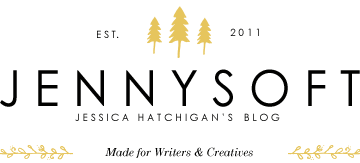Planning to begin a novel? Super!
Here are the questions you should ask yourself as you start:
– Who is my hero/heroine? (Man? Woman? How old? Occupation? What one single adjective would best describe him/her? (Examples: friendly reporter, arrogant politician, worried teacher, loud chef, etc.)
– What does my hero/heroine want more than anything else?
– What is stopping my hero/heroine from achieving his/her goal?
Write one or two sentences describing the concept for your novel. Incorporate the answers to the above questions.
Examples:
– A skilled archer saves her younger sister’s life by taking her place in deadly games of combat; she must then fight others to the death to survive. (Hunger Games)
– A resistance fighter seeks letters of transit held by an angry former lover because the letters will enable her freedom fighter husband to escape the Gestapo and defeat the Nazi regime. (Casablanca)
– A wealthy society girl seeks to escape a loveless engagement to a cad, and with the help of her lover finds a way to escape when the ocean liner on which she is traveling collides with an iceberg. (Titanic)
– A rat who wants to become a master chef must overcome people’s revulsion against rats, his family’s discouragement, restaurant inspectors, and a snooty food critic to achieve his dream. (Ratatouille)
Tips:
– Try to create a one- or two-sentence synopsis that will intrigue an agent, editor or reader. This is more difficult than it sounds – but very important. This short synopsis becomes a key marketing tool once your book is written and you seek representation, publication, and – most important of all – readers!
– Be original. Be wild, inventive, and even extreme as you shape your novel’s concept. You can always scale back if you need to. People seldom err when they push the boundaries of creativity but they do err when they remain in safe, all too well-known, yawn-inviting territory. Banish the bland. Go for innovation and freshness. Tantalize!

No Comments